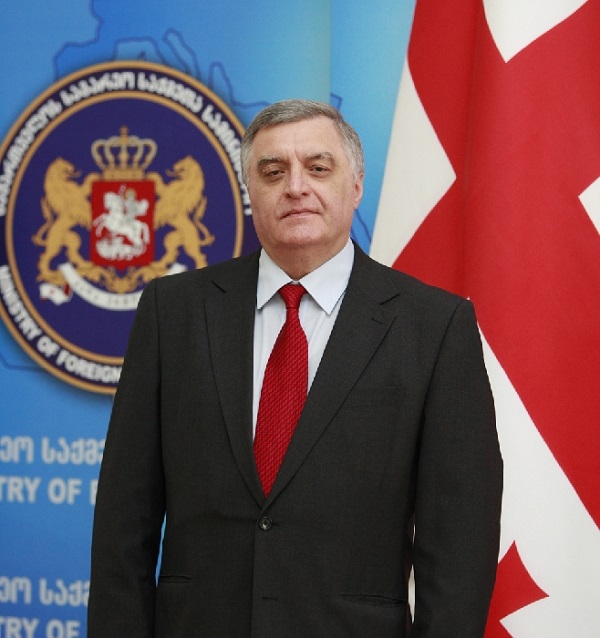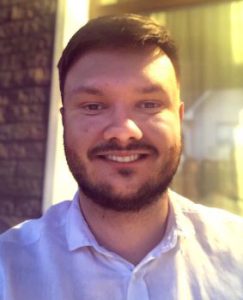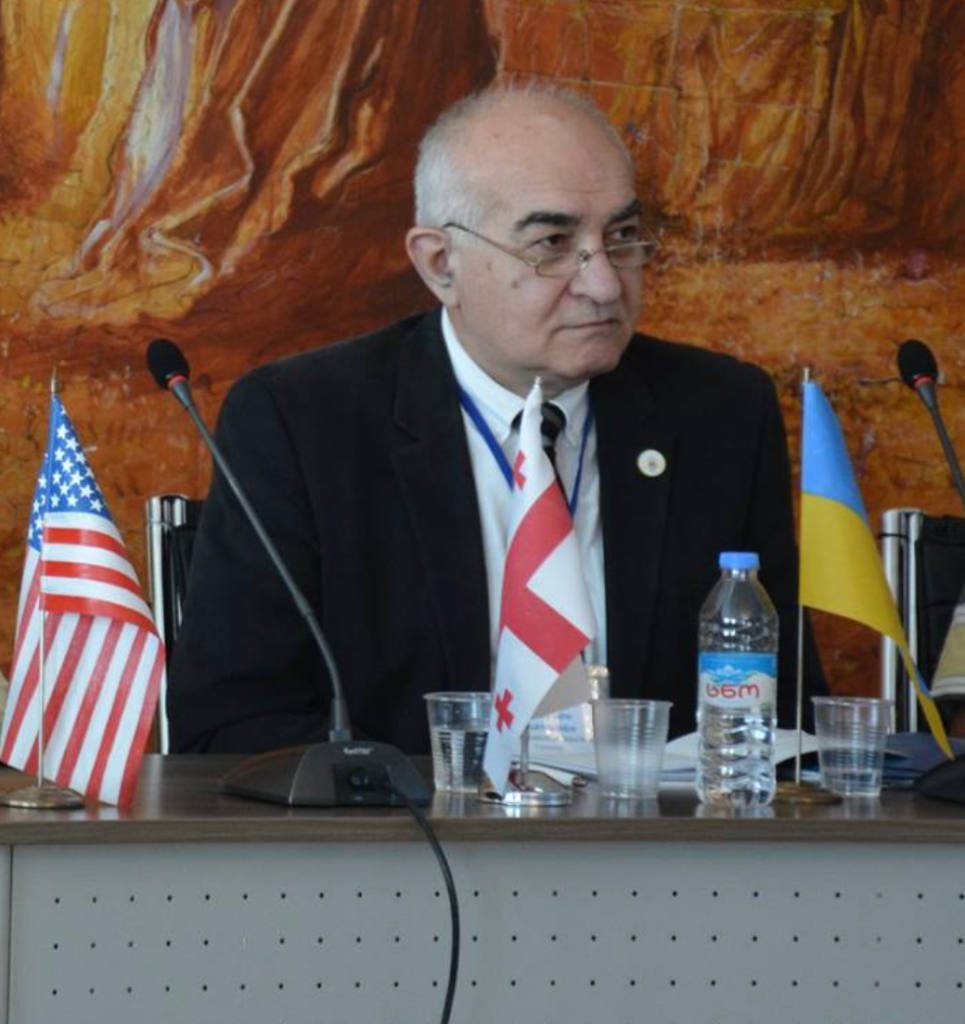Specifics of China’s policy towards the countries of South Caucasus during continuing global crisis
 Welcome to the RUCARR seminar on November 15 with Dr. David Aptsiauri, who has served many years as Georgia’s Ambassador to China, Mongolia and the Socialist Republic of Vietnam.
Welcome to the RUCARR seminar on November 15 with Dr. David Aptsiauri, who has served many years as Georgia’s Ambassador to China, Mongolia and the Socialist Republic of Vietnam.
Where: Zoom seminar, Link: https://mau-se.zoom.us/s/64464981144
When: 1.15–3.00 pm Malmö CET (04.15–6.00 pm Tbilisi), November 15
Abstract
The presentation will be based on consideration of the current trends in development of cooperation between China and countries of South Caucasus, its influence on the region’s economic growth and security environment, particularly in the context of continuing pandemic crisis and war in Ukraine. The cooperation of the countries of South Caucasus in the frame of Chinese ,“Belt and Road Initiative” presents an important part of the analysis. The role of global and regional players in politics and economics of South Caucasus should enrich the knowledge of the updated situation in the region.
Bio
Ambassador David Aptsiauri, Dr. in International Economics, currently takes a position of General Director of the Chamber of Commerce and Industry of Georgia, earlier worked as Senior Fellow at the Levan Mikeladze Training and Research Diplomatic Institute of the Ministry of Foreign Affairs of Georgia. He is a career diplomat with almost 30 years of professional experience in diplomacy, that started in the United States in early 90s, where he was sent among the first group of Georgian diplomats to the newly established Embassy of Georgia to the United States and Permanent Mission to the United Nations in New York. During 2000-2004, Dr. Aptsiauri served as Deputy Minister, and later as First Deputy Minister of Foreign Affairs of Georgia. In 2014-2018, he served as Ambassador of Georgia to the People`s Republic of China, Mongolia and the Socialist Republic of Vietnam. Prior to that, he was appointed as Ambassador of Georgia to the Republics of Lithuania, Latvia and Estonia (2004-2007), Republic of Lithuania (2007-2008).
In parallel with his diplomatic background Ambassador D. Aptsiauri has been actively involved in academic and research activities in the field of international economic relations as Visiting Professor and Senior Scholar in Georgia and abroad, he is the author of a wide range of publications on international economic relations. Currently he is a Senior Researcher at Tbilisi State University, runs the Center of the Black Sea Regional Development problems at the Georgian Technical University, is appointed as Member of the Board of the Georgian analythic Center “Geocase” and, as visiting professor, delivers lectures at Tbilisi State University, Beijing University of International Business and Economics (UIBE) and Astana International University (AIU), Kazakhstan. In 1994-2000, Ambassador Aptsiauri conducted academic and research activities in the United States, including lecturing and key presentations at Columbia University, University of Florida, the New York Bar Association. During 2004-2013 Dr. Aptsiauri also delivered lectures and ran training courses in educational and research organizations of Azerbaijan, Kazakhstan, Turkey, Sweden, Belgium, Greece, China, Baltic and other countries. In 2019 he was invited by the Azerbaijani Diplomatic Academy, (ADA-University) to conduct training program for senior diplomatic personnel on economic diplomacy. In addition, he has participated in numerous high level workshops, seminars and training courses / including the statements before Special Sessions of the United Nations General Assembly/ in Europe, the United States of America, Asia, Latin America, covering the crucial topics of international security and economic cooperation, conflict resolution and sustainable development, problems of children, regional and interregional collaboration, in particular the East-West dimension.
 Welcome to the RUCARR seminar on May 11, 10.00-11.30 with Ass.Prof. Edward Lemon, Bush School of Government and Public Service, Texas A&M University and Dr Oleg Antonov, researcher at Södertörn University and RUCARR, Malmö University.
Welcome to the RUCARR seminar on May 11, 10.00-11.30 with Ass.Prof. Edward Lemon, Bush School of Government and Public Service, Texas A&M University and Dr Oleg Antonov, researcher at Södertörn University and RUCARR, Malmö University.



 Welcome to next RUCARR seminar on March 21 with Dr Katrine Godfredsen, senior lecturer in Caucasus Studies at Malmö Unversity.
Welcome to next RUCARR seminar on March 21 with Dr Katrine Godfredsen, senior lecturer in Caucasus Studies at Malmö Unversity. Welcome to the RUCARR seminar “Needs and support for Ukrainian higher education in times of war: the Polish perspective” with Dr. Iryna Degtyarova, Senior Researcher in Polish Rectors Foundation, SGH Warsaw School of Economics Rector’s Representative for Cooperation with Ukrainian Universities.
Welcome to the RUCARR seminar “Needs and support for Ukrainian higher education in times of war: the Polish perspective” with Dr. Iryna Degtyarova, Senior Researcher in Polish Rectors Foundation, SGH Warsaw School of Economics Rector’s Representative for Cooperation with Ukrainian Universities.

 Welcome to the RUCARR seminar on November 15 with Dr. David Aptsiauri, who has served many years as Georgia’s Ambassador to China, Mongolia and the Socialist Republic of Vietnam.
Welcome to the RUCARR seminar on November 15 with Dr. David Aptsiauri, who has served many years as Georgia’s Ambassador to China, Mongolia and the Socialist Republic of Vietnam.